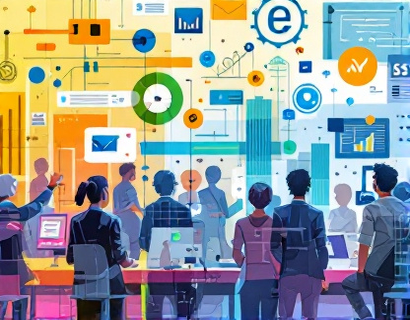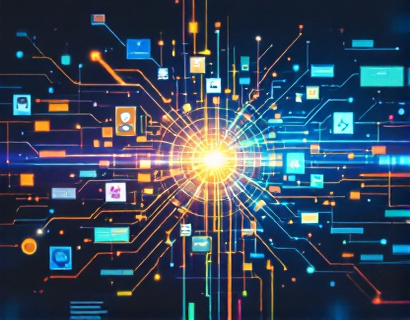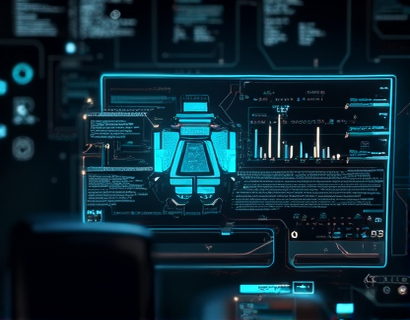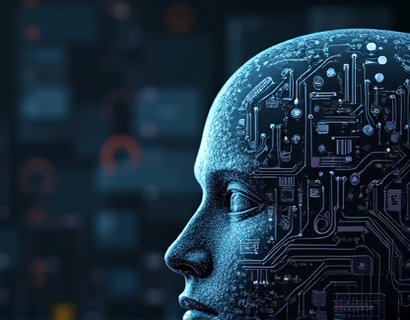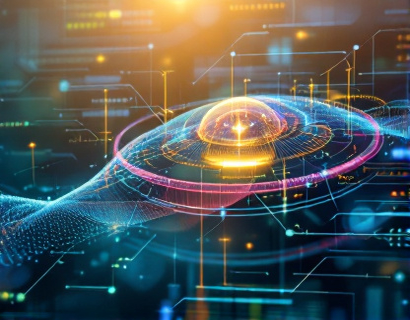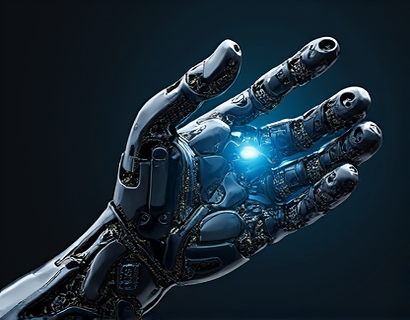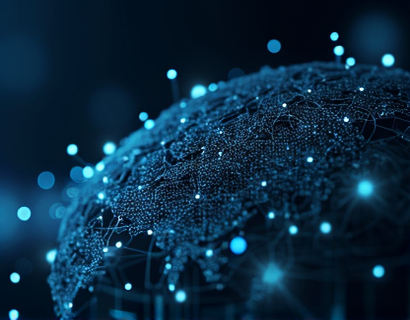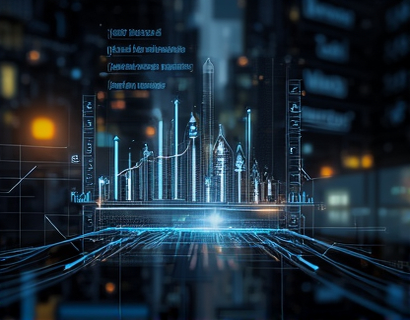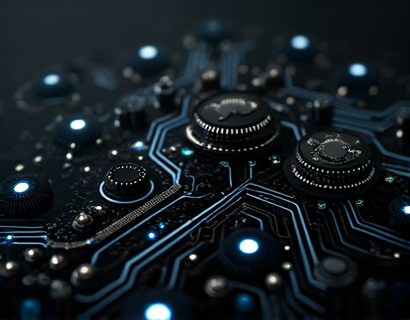Crypto-Powered AI Solutions for Decentralized Apps and Services
The intersection of cryptocurrency and artificial intelligence (AI) is giving rise to a new era of decentralized applications and services. This fusion is not only redefining how we interact with digital platforms but also enhancing the capabilities of AI in the crypto space. This article delves into the cutting-edge AI solutions that are transforming decentralized apps and services, empowering users and simplifying tasks through innovative technology.
Understanding Decentralized Applications
Decentralized applications, or dApps, are software applications that run on a blockchain or a decentralized network, rather than on a central server. This decentralized nature ensures that no single entity has control over the application, making it more resilient, transparent, and secure. dApps leverage smart contracts, which are self-executing contracts with the terms of the agreement directly written into code, to automate and enforce the rules and functionalities of the application.
Role of AI in Decentralized Applications
AI, with its ability to learn from data, recognize patterns, and make decisions with minimal human intervention, is a natural fit for enhancing dApps. When combined with blockchain technology, AI can provide decentralized, autonomous, and intelligent services that were previously unimaginable. AI-powered dApps can offer advanced functionalities such as predictive analytics, natural language processing, and automated decision-making, all while maintaining the decentralized and secure nature of blockchain.
Enhanced User Experience
One of the primary benefits of integrating AI into dApps is the significant improvement in user experience. AI can analyze user behavior and preferences to provide personalized recommendations and services. For instance, a decentralized finance (DeFi) platform can use AI to suggest optimal investment strategies based on a user's risk profile and market conditions. This level of personalization not only enhances user satisfaction but also increases engagement and loyalty.
Automation and Efficiency
AI-driven automation is a game-changer for dApps, reducing the need for manual intervention and increasing operational efficiency. Smart contracts combined with AI can automate complex processes, ensuring that transactions are executed accurately and promptly. For example, in a decentralized supply chain management system, AI can monitor and predict supply chain disruptions, automatically triggering smart contracts to reroute shipments or adjust inventory levels. This automation not only speeds up processes but also reduces the risk of human error.
Security and Trust
Security is a paramount concern in the crypto space, and the integration of AI can significantly bolster the security of dApps. AI algorithms can detect and respond to potential security threats in real-time, identifying anomalies and patterns that may indicate a breach. For instance, AI can monitor blockchain transactions for unusual activity and alert users or administrators to take preventive measures. This proactive approach to security enhances trust in decentralized systems, encouraging more users to adopt and rely on dApps.
Decentralized AI Models
Traditional AI models often rely on centralized data repositories and computing resources, which can be a bottleneck and a security risk. Decentralized AI models, on the other hand, distribute data and computation across a network of nodes, leveraging the power of the blockchain. This approach not only enhances privacy and data sovereignty but also makes AI more accessible and resilient. Decentralized AI models can be trained and updated collaboratively by multiple participants, ensuring that the AI system remains up-to-date and robust.
Use Cases of Crypto-Powered AI Solutions
The potential applications of crypto-powered AI solutions are vast and varied, spanning multiple industries. Here are some key use cases that highlight the transformative impact of this technology:
Decentralized Finance (DeFi)
In the DeFi space, AI can optimize trading strategies, manage risk, and enhance portfolio management. AI-driven bots can execute trades based on predefined criteria, adapting to market conditions in real-time. Additionally, AI can help in detecting and mitigating fraud, ensuring the integrity of financial transactions. For example, a decentralized lending platform can use AI to assess creditworthiness and set interest rates dynamically, providing more fair and efficient financial services.
Supply Chain Management
Supply chain management is another area where crypto-powered AI can bring significant benefits. By integrating blockchain and AI, companies can create transparent and traceable supply chains. AI can predict demand, optimize inventory levels, and identify potential bottlenecks, while blockchain ensures that all transactions and movements are recorded immutably. This combination enhances efficiency, reduces costs, and builds trust among all stakeholders.
Healthcare
In healthcare, AI-powered dApps can improve patient care and streamline administrative processes. AI can analyze medical data to provide diagnostic insights and treatment recommendations, while blockchain ensures that patient data is secure and privacy is maintained. For instance, a decentralized health record system can use AI to monitor patient health in real-time, alerting healthcare providers to potential issues and facilitating timely interventions.
Content Creation and Distribution
For content creators, crypto-powered AI can revolutionize how content is created, distributed, and monetized. AI can assist in generating content, such as writing articles or creating visual content, while blockchain ensures that creators are fairly compensated for their work. AI-driven platforms can also optimize content distribution, targeting the right audience with personalized recommendations, thereby increasing engagement and revenue for creators.
Challenges and Considerations
While the potential of crypto-powered AI solutions is immense, there are several challenges and considerations that need to be addressed:
Scalability
One of the main challenges is scalability. Blockchain networks, especially those using proof-of-work consensus mechanisms, can struggle with high transaction volumes. Integrating AI requires significant computational power, which can strain the network. However, the development of more efficient consensus mechanisms and layer 2 solutions is addressing this issue, making scalable AI-powered dApps more feasible.
Data Privacy
Data privacy remains a critical concern. While blockchain provides transparency, it can also expose sensitive information. AI models must be designed to handle data in a privacy-preserving manner, using techniques such as homomorphic encryption and differential privacy to protect user data.
Regulatory Compliance
The crypto space is still navigating a complex regulatory landscape. AI-powered dApps must comply with various regulations, including data protection laws and financial regulations. Developers and platforms need to stay informed about regulatory changes and ensure that their solutions are compliant to avoid legal issues.
Future Outlook
The future of crypto-powered AI solutions is promising, with ongoing advancements in both blockchain and AI technologies. As the ecosystem matures, we can expect more sophisticated and user-friendly dApps that seamlessly integrate AI functionalities. The convergence of these technologies will continue to drive innovation, opening up new possibilities in areas such as decentralized governance, virtual reality, and the Internet of Things (IoT).
Moreover, the increasing adoption of cryptocurrencies and the growing interest in decentralized systems are creating a fertile ground for AI-powered dApps. As more developers and businesses recognize the potential of this fusion, we can anticipate a surge in the development of novel and impactful solutions that redefine the digital landscape.



